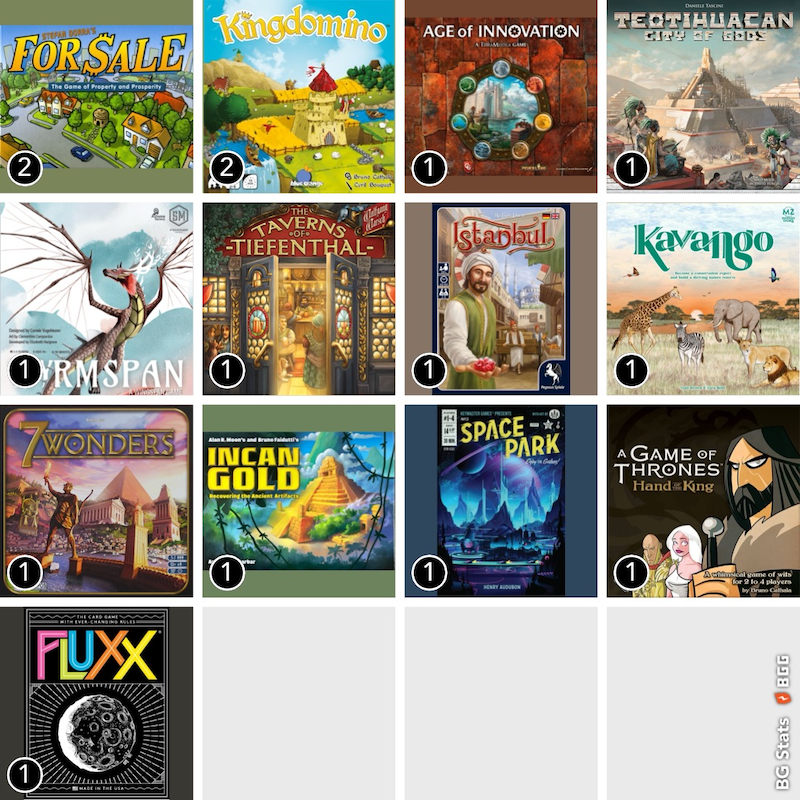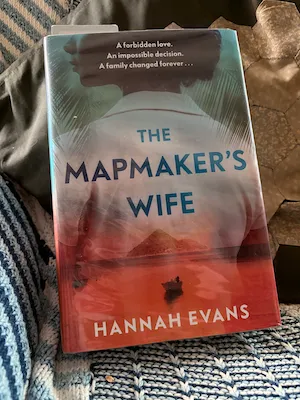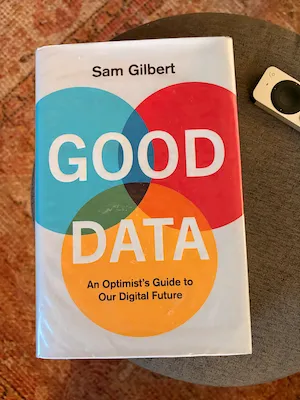The Year Without Pants: WordPress.com and the Future of Work
by Scott Berkun
Wednesday, January 20, 2021

This is a book about a remote working company written in 2013, and the events of the book take place during the author’s stint working for WordPress in about 2010/11. From the viewpoint of post-2020 the novel idea that a company can work without everyone being in a central office seems outdated. From my personal viewpoint, having worked entirely online from home since 2002, it also manages to feel a bit behind the times.
I’m not really a business book person but there is quite a lot of interesting stuff here about the right and wrong ways to experiment with how your company should work, it just takes a long time to find those bits in the book. And as someone who works in the same kind of web programming realm I enjoyed the nostalgic bits about the 90s and 00s as much as anything else here.
It’s odd though that a book ostensibly about remote work spends most of its time on the numerous in-person meetups that the team in the book have, I think there are six in the course of not much over a year. It does go into detail about the blog and chat systems they use remotely but it’s obvious that the author’s much happier talking about a group of people in a bar in Athens or a Hawaiian beach house than about IRC. It’s the centrality of the group meetups to the remote ‘future of work’ idea that stands out as one of the problems with this book today. The other problem I had was that there was a lot of time spent on how a key reason the remote work system worked for them was that it let them hire the best people from anywhere but it was never mentioned that the vast majority of the employees in the book were young, white and male, which seemed like quite an oversight.
The author points out himself at some point that all books about the future are doomed to be wrong so I’m not coming up with any amazing insight when I say that this is already outdated. It was an easy enough read, sometimes a bit clunky and I got some insight out of it, and as a “snapshot in time” of 2010 web working it’s an interesting document.









